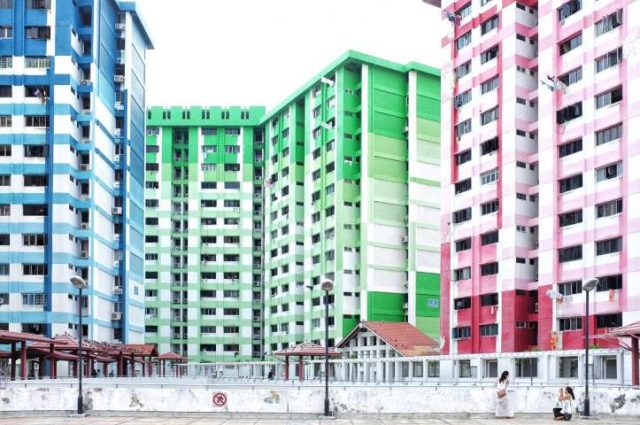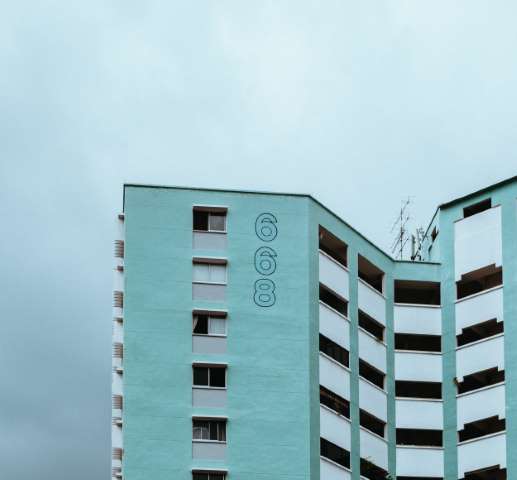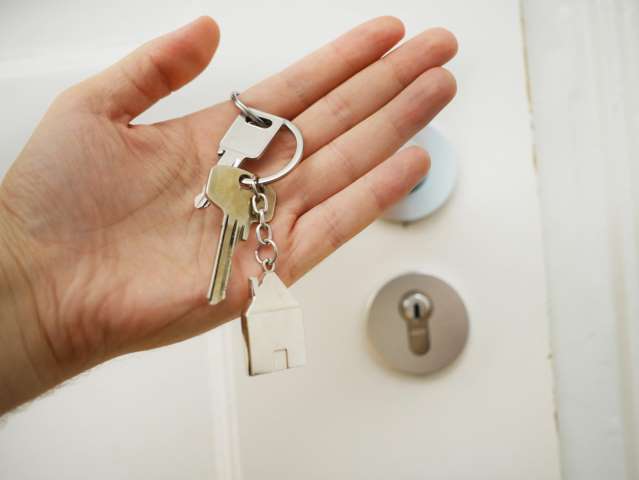
Property Investment For New Landlords
Investing in property is one of the most popular ways to invest in Singapore, and a key way to make your money work for you is to rent out your apartments. Here are some things you need to do in order to safely rent out your properties in Singapore. You can also view property developers in Singapore for more information.
Check Your Eligibility Conditions And Regulations
If you currently own an HDB flat and want to rent the entire unit out, you will have to wait until a period of five years till your Minimum Occupation Period is over. Till then, you are still allowed to rent out individual rooms in the flat with the condition that you continue to stay in it. This means that at least one of the bedrooms must be occupied by you.
For HDB properties, there is a minimum lease period of six months, and a maximum lease period of three years for Singaporeans and Malaysians or two years for non-Singaporeans and non-Malaysians. If you and your tenant have a happy relationship, you can always renew the lease at the end of the contract to stay beyond the maximum lease period.
For private properties like condominiums or terrace houses, you can feel free to rent out the whole house or a part of the house with a minimum lease period of three months.
Set A Reasonable Asking Price
Setting a high price to your property may get you a hefty profit margin, but chances of that are low. You’ll most likely be unable to successfully find an acceptable tenant as your competitors would have fixed relatively more favorable prices. Try to look around for properties similar to yours that are within your area to get a gauge of what asking price you should have.
Get Help From A Real Estate Agent
Unless you have your own personal contacts, it might be a good idea to find a property agent to help you to find and keep track of your tenants. Agents can relieve you of doing all the hard work of finding a suitable tenant by creating listings on property portals such as PropertyGuru and can include information and photos that are designed to increase the attractiveness of your property. The agents will also help you to screen the potential tenants according to your criteria and respond to any of their questions. This will also help you reduce any unwarranted stress from dealing with multiple tenants.

Set Timings For Potential Tenants To View Your House
Your potential tenants would also need some time to view your apartment as there’s a huge emotional and physical commitment when it comes to renting their new home. To help simplify the whole process, it would be a good idea to block out some dates and timings for them to come by to view the apartment. If you are engaging an agent to help you facilitate this, they will help you to arrange for all the viewing sessions based on the schedule you have provided them. It’s also expected that your property is clean and tidy for visitors, especially if you’re preparing to sell my house fast Missouri, and it’s recommended to pull open the curtains to give your apartment a brighter appearance. If you have any major issues with your wallpapers or toilets, you might want to decide whether it is a worthy investment to fix them up.
Decide Requirements To Screen Your Potential Tenants
Once you have interested potential tenants, you will need to filter them down to the one that best suits your requirements. You will get to meet the tenants in person to have a good gauge if they are the right ones for you.
To help you with your decision-making process, create a list of things you might want to consider or questions to ask them. Some of the common requirements are as follows:
- Are there any habits such as smoking that are a deal-breaker for you?
- Are there any specific values that are important to you as a landlord, such as being socially responsible for the environment?
- Do you prefer a short- or long-term tenant?
These criteria will also be different if you are intending to live with the tenant as you will be directly impacted by their daily habits. You will need to set some additional house rules to ensure a healthy relationship between you and your tenants, such as minimal noise after a specific time or cleaning up the mess in the common area.
Negotiate Your Rental Fees
Usually, your asking price won’t be the actual figure that will be accepted into the contract as tenants will often try to bargain to lower the rent. As such, your real estate agent will likely list a rental price that is higher than what you are willing to accept. Be prepared to negotiate the price when you have found a tenant that you find is reasonable and comfortable to work with.

Letter Of Intent and Tenancy Agreement
When you have negotiated a comfortable price for both parties, you will need your tenant to sign a letter of intent to secure the commitment that both tenants and landlords are agreeable and deter any problems that come with backing out or delaying the start of the contract.
When you’re ready, you can finally sign a tenancy agreement which can be prepared by your agent. Regardless, you must read through it carefully and highlight to your agent any additional clauses you feel are necessary to protect both you and your tenants. Your tenant might also want to include some clauses or negotiate the terms in the contract. This tenancy agreement should also include the security deposit sum required for the tenant to provide.
Hand Over Your Keys
You’re finally done with the process of renting out your apartment! Now, you can arrange with him or her to hand over the keys and hope for a smooth sailing relationship with them. Through the next few months or years, be ready to collect your monthly rental fees and work closely with them to minimize any issues with the properties and provide them a safe and comfortable place to live in.





